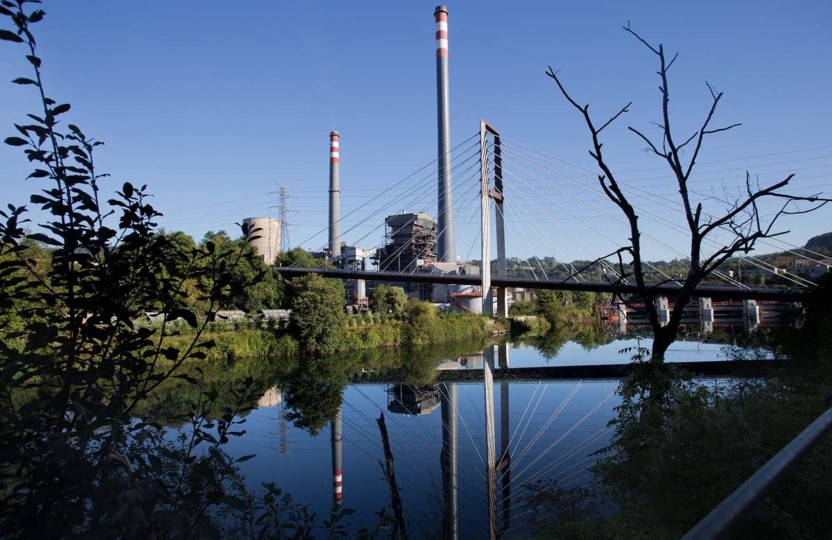
EDP completes the environmental procedures for the renewable hydrogen project in Soto de Ribera

Obtains the Integrated Environmental Authorisation from the Regional Ministry of Ecological Transition, Industry and Economic Development
EDP's initiative to produce renewable hydrogen in Soto de Ribera, GH2 Soto, has just completed its environmental procedures. The Regional Ministry of Ecological Transition, Industry and Economic Development of the Government of the Principality of Asturias has granted the Integrated Environmental Authorisation for the project, a new milestone in the energy company's mature and realistic project to transform its thermal power plants.
This authorisation allows progress to be made in the development of the first 5 MW of electrolysis capacity that EDP intends to start up at the location. The company will invest more than 20 million euros. It will produce 600 tonnes of renewable hydrogen per year for different industrial uses, which will prevent the emission into the atmosphere of approximately 6,000 tons of CO2 per year.
This initiative is being financed to the value of 6 million euros by the IDAE (Institute for Energy Diversification and Saving), within the PERTE for renewable energies, renewable hydrogen and storage (ERHA), corresponding to the first call of the Pioneer Projects programme.
The production of renewable hydrogen is one of the pillars of the realistic and mature project with which EDP aims to transform the Soto de Ribera power plant into a green hub linked to renewable energies, energy storage, the flexibility of the electricity system and renewable hydrogen.
This favourable resolution also comes after successfully completing the environmental procedures for its renewable hydrogen projects in Aboño (150 MW) and Los Barrios (130 MW), making EDP the only company with the most advanced and recognised projects of this magnitude in Europe.
In Asturias, EDP aims to reach 1 GW of electrolysis capacity between its two plants under transformation, Aboño and Soto de Ribera. This ambition is recognised as a Project of Common Interest by the European Commission. This recognition allows it to benefit from accelerated planning and licensing processes, improved regulatory conditions, lower administrative costs due to simplified environmental assessment processes and increased visibility for investors, as well as the right to request funding from the Connecting Europe Facility (CEF).